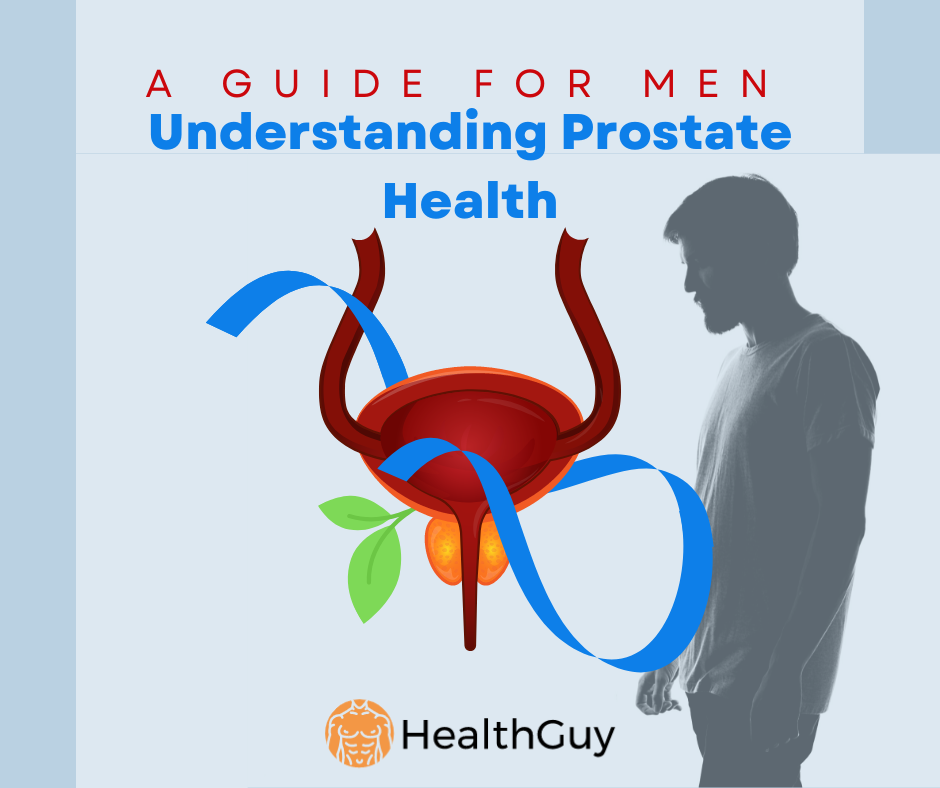
Understanding Prostate Health: A Guide for Men
Prostate health is a topic that is often overlooked or ignored, but it is an important aspect of men’s health. The prostate is a small gland that sits just beneath the bladder and in front of the rectum. It produces a fluid that mixes with sperm to create semen during ejaculation. As men age, the prostate can become enlarged or inflamed, leading to a range of health issues.
Understanding Prostate Health
There are three main types of prostate problems: prostatitis, benign prostatic hyperplasia (BPH), and prostate cancer.
Prostatitis is an inflammation of the prostate gland, which can be caused by bacterial or non-bacterial infections. It can cause pain and discomfort in the pelvic area, difficulty urinating, and sexual dysfunction. An acute bacterial prostatitis is a severe form of prostatitis that can cause fever, chills, and other symptoms. Chronic prostatitis is a long-term condition that can cause ongoing pain and discomfort.
BPH is a common condition that affects men as they age. It is characterized by an enlarged prostate gland, which can cause urinary symptoms such as difficulty starting urination, weak urine flow, and frequent urination. BPH is not cancerous, but it can cause discomfort and affect the quality of life.
Prostate cancer is a serious health condition that affects the prostate gland. It is the second most common cancer in men worldwide. Prostate cancer often grows slowly and may not cause symptoms until it has spread to other parts of the body. Early detection through regular screening is important for successful treatment.
Managing Prostate Health
There are several ways to manage prostate health, including lifestyle changes, medication, and surgery.
Lifestyle changes can have a significant impact on prostate health. Maintaining a healthy diet and exercise routine can help reduce the risk of developing prostate problems. Foods that are high in antioxidants, such as fruits and vegetables, can help reduce inflammation and prevent cancer. Regular exercise can also help reduce the risk of developing prostate problems.
Medications are often prescribed to manage prostate problems. Antibiotics may be prescribed for prostatitis, while alpha-blockers and 5-alpha reductase inhibitors are commonly used to treat BPH. Medications can help manage symptoms and improve quality of life.
In some cases, surgery may be necessary to treat prostate problems. Transurethral resection of the prostate (TURP) is a common surgical procedure used to treat BPH. Prostatectomy is a surgical procedure used to treat prostate cancer. Surgery can be effective in treating prostate problems, but it can also have risks and side effects.
Conclusion
Prostate health is an important aspect of men’s health. Understanding the different types of prostate problems and their causes can help men take steps to manage their prostate health. Maintaining a healthy lifestyle, getting regular screenings, and seeking medical treatment when necessary can all help reduce the risk of developing prostate problems and improve quality of life.
